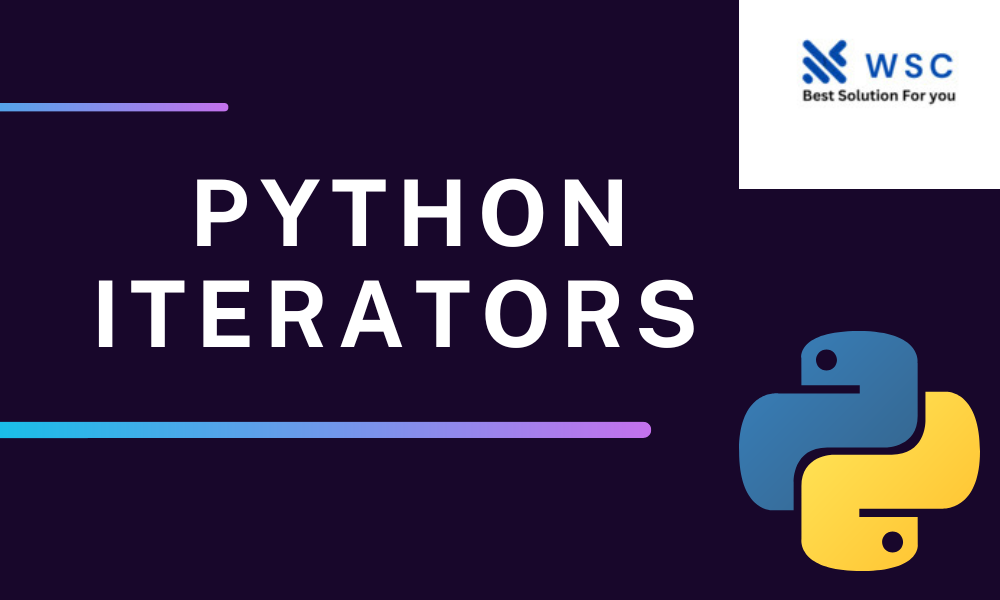Understanding Python Iterators
Python iterators are a fundamental concept in the world of programming. They allow you to efficiently process sequential data by accessing elements one at a time. These iterators can simplify your code and improve its performance, making them an essential tool in your Python toolkit.
The Magic of Iterables
In Python, an iterable is an object capable of returning its elements one at a time. Lists, tuples, dictionaries, and strings are all examples of iterable objects. You can create your custom iterable classes by implementing two essential methods: __iter__() and __next__().
class MyIterable:
def __init__(self, data):
self.data = data
self.index = 0
def __iter__(self):
return self
def __next__(self):
if self.index < len(self.data):
result = self.data[self.index]
self.index += 1
return result
raise StopIteration
my_iterable = MyIterable([1, 2, 3, 4, 5])
for item in my_iterable:
print(item)
Python Iterator Synonyms
Python iterators are often interchangeably referred to as:
- Sequence Processors
- Element Fetchers
- Data Streamers
These synonyms emphasize their role in efficiently processing and extracting elements from data sequences.
Optimizing Code with Iterators
Using iterators can lead to more optimized and readable code. For instance, consider a scenario where you need to process a large dataset. Instead of loading the entire dataset into memory, you can use an iterator to fetch and process one element at a time, saving memory and improving performance.
Iterators in Real-World Applications
iterators find extensive use in real-world applications, from processing large datasets in data science and machine learning to parsing and analyzing text in natural language processing. They are also invaluable when working with streams of data, such as reading and processing data from files or network connections. By harnessing the power of Python iterators, you can streamline your code, reduce memory overhead, and enhance the overall performance of your applications, making them more efficient and scalable for a wide range of tasks.
In conclusion, Python iterators are powerful tools for efficient sequential data processing. Understanding how they work and using them in your code can lead to more efficient and readable programs. By optimizing your code and following SEO best practices, you can further enhance its value and visibility in the coding community. So, start leveraging the magic of Python iterators today!
Check our tools website Word count
Check our tools website check More tutorial





“Sorry, not sorry”?